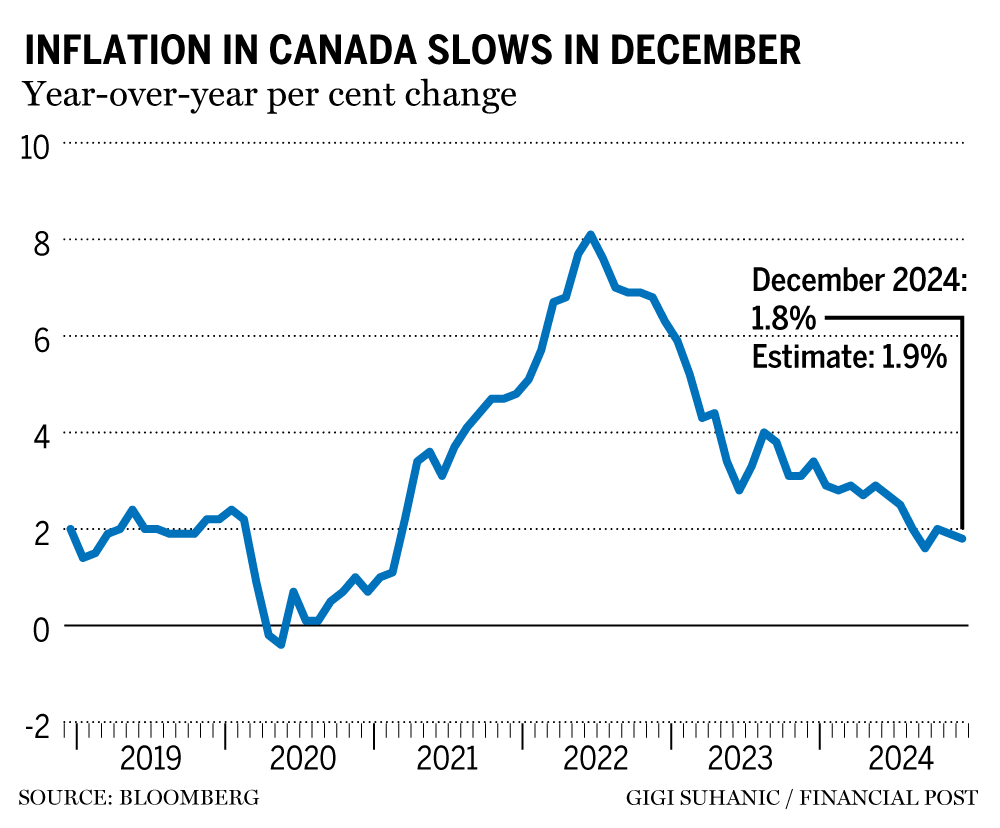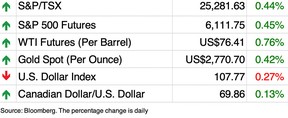The average side job pays $1,285.85 monthly after tax
Article content

Article content
Article content
Side hustles are becoming more important for everyday Canadians as their finances tighten, but how much they can help pay the bills comes down to where you live.
An estimated nine million Canadians were participating in the gig economy by late 2024, with another 12 per cent of the population considering a second job, according to H&R Block Inc. The average side job paid about $1,285 monthly after tax, according to a 2024 report by VistaPrint Canada Ltd.
Advertisement 2
Article content
Side hustles can’t cover the rent in any large Canadian city, according to real estate platform Zoocasa Inc., considering average rental prices across major cities and the average side gig payout, but it can make a significant dent.
“No matter where you live, side hustle income can make a tangible difference in housing affordability,” Zoocasa’s report said. “Whether you’re looking to save, invest or simply breathe a little easier each month, side hustles provide a financial cushion that’s becoming increasingly vital in today’s economy.”
In Saskatoon and Regina, the average side hustle income accounts for more than 96 per cent of the average rent, leaving less than $65 remaining.
The two Saskatchewan cities were the only cities where the remaining rent would be less than $100 per month, while Lethbridge, Alta., was the only other city where the remaining rent would be less than $200.
Nevertheless, side hustles can go a long way in some of Canada’s biggest cities, with the average payout covering more than 70 per cent of rent in Calgary, Edmonton, Winnipeg and Quebec City.
Article content
Advertisement 3
Article content
“Alberta’s rental markets are among the most cost-effective in Canada, particularly for individuals relying on side gig income to supplement their housing expenses,” Zoocasa said. “This affordability allows residents to allocate more funds toward savings, investments or discretionary spending, enhancing financial flexibility.”
Paying the bills is predictably a little harder in Ontario and British Columbia even with a side gig. The average payout would cover less than 60 per cent of a person’s rent in nine Ontario cities and three in B.C.
Toronto, Vancouver and Burnaby, B.C., were the only cities in Canada where the average side job would cover less than 50 per cent of the average rent.
“Even a slight financial boost can make a meaningful difference in high-cost cities like Vancouver,” Zoocasa said. “Every dollar counts when managing expenses; even supplementing 42 per cent of your rent income can make daily life more manageable.”
Halifax was the only city outside Ontario and B.C. to finish near the bottom of the ranking, with the average side job leaving $1,017 remaining in rent there.
Advertisement 4
Article content
Trump, tariffs and the 51st state
Donald Trump inauguration as the 47th president of the United States on Monday could usher in a new age of uncertainty for Canada. Will he make good on his tariff threat? What about his musings about making Canada the 51st state? Bring your questions to our live interactive Q&A Wednesday at noon and learn more about the issues facing Canada. Register now to receive a reminder ahead of the event with a link to the chat.
Sign up here to get Posthaste delivered straight to your inbox.


Canada’s inflation rate cooled to 1.8 per cent in December, in large part due to the federal government’s temporary GST/HST break, which began half way through the month.
The tax break had an impact on prices for food, alcoholic beverages, children’s toys, clothing, cannabis and footwear. In all, restaurant food prices dipped 1.6 per cent and alcohol prices fell 1.3 per cent year-over-year.
Without the tax break, the CPI actually climbed to 2.3 per cent.
Read more here.

- Statistics Canada report on food services and drinking in November
- Today’s Data: Canada industrial product and raw material prices
- Today’s earnings: Procter & Gamble Co., Johnson & Johnson. Kinder Morgan Inc.
Advertisement 5
Article content



Recommended from Editorial
-

Defensive investor moves against possible Trump tariffs
-

Trump tariff threats widen gap between oil stocks

If balancing your finances wasn’t already hard enough, further complications can arise when gambling enters into the equation. With the prevalence on online gambling on TV and in advertisements, the payoffs might seem attractive, but can really hurt your financial goals and those of your loved ones. Ted Rechtshaffen has more.
Calling Canadian families with younger kids or teens: Whether it’s budgeting, spending, investing, paying off debt, or just paying the bills, does your family have any financial resolutions for the coming year? Let us know at wealth@postmedia.com.
McLister on mortgages
Want to learn more about mortgages? Mortgage strategist Robert McLister’s Financial Post column can help navigate the complex sector, from the latest trends to financing opportunities you won’t want to miss. Plus check his mortgage rate page for Canada’s lowest national mortgage rates, updated daily.
Advertisement 6
Article content
Financial Post on YouTube
Visit the Financial Post’s YouTube channel for interviews with Canada’s leading experts in business, economics, housing, the energy sector and more.
Today’s Posthaste was written by Ben Cousins, with additional reporting from Financial Post staff, The Canadian Press and Bloomberg.
Have a story idea, pitch, embargoed report, or a suggestion for this newsletter? Email us at posthaste@postmedia.com.
Bookmark our website and support our journalism: Don’t miss the business news you need to know — add financialpost.com to your bookmarks and sign up for our newsletters here
Article content
How much a side hustle can really help pay the bills
2025-01-22 13:00:44







